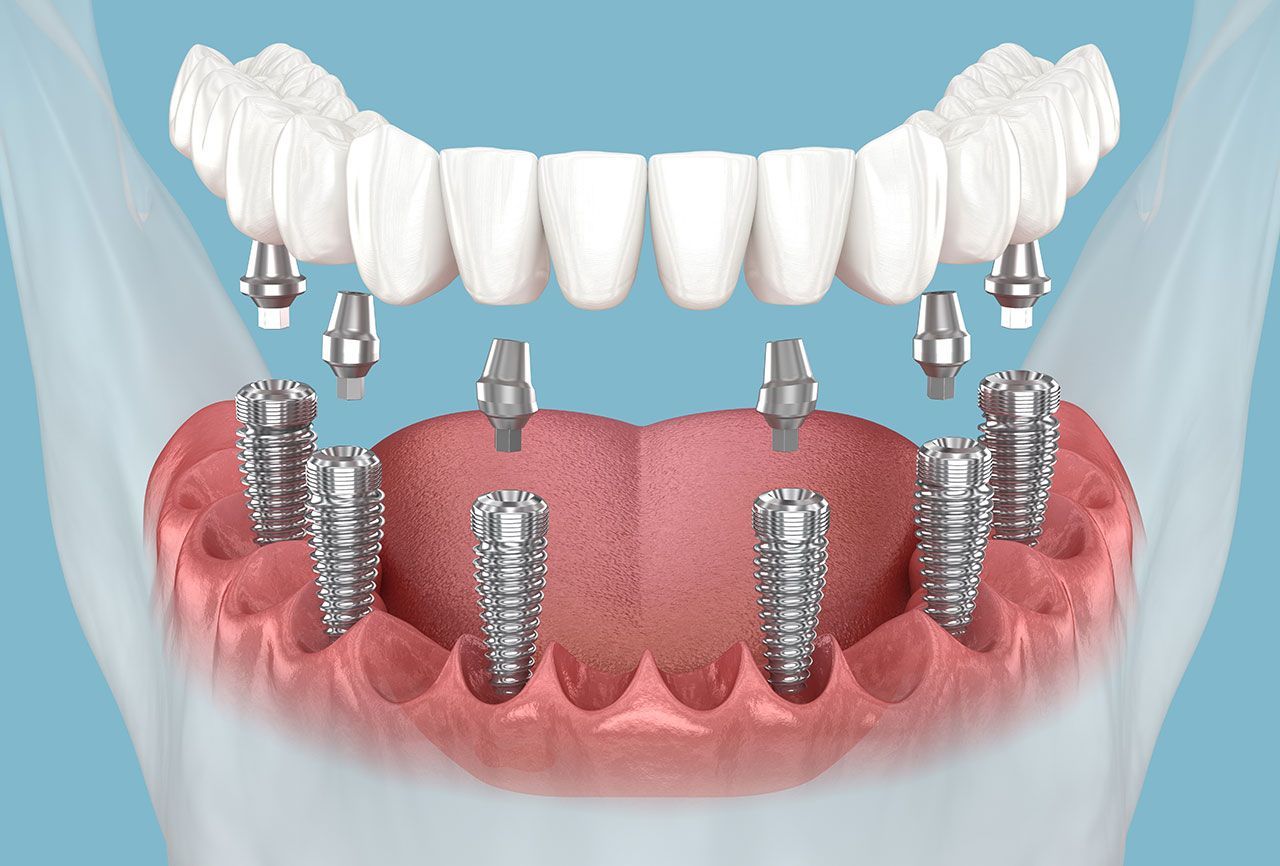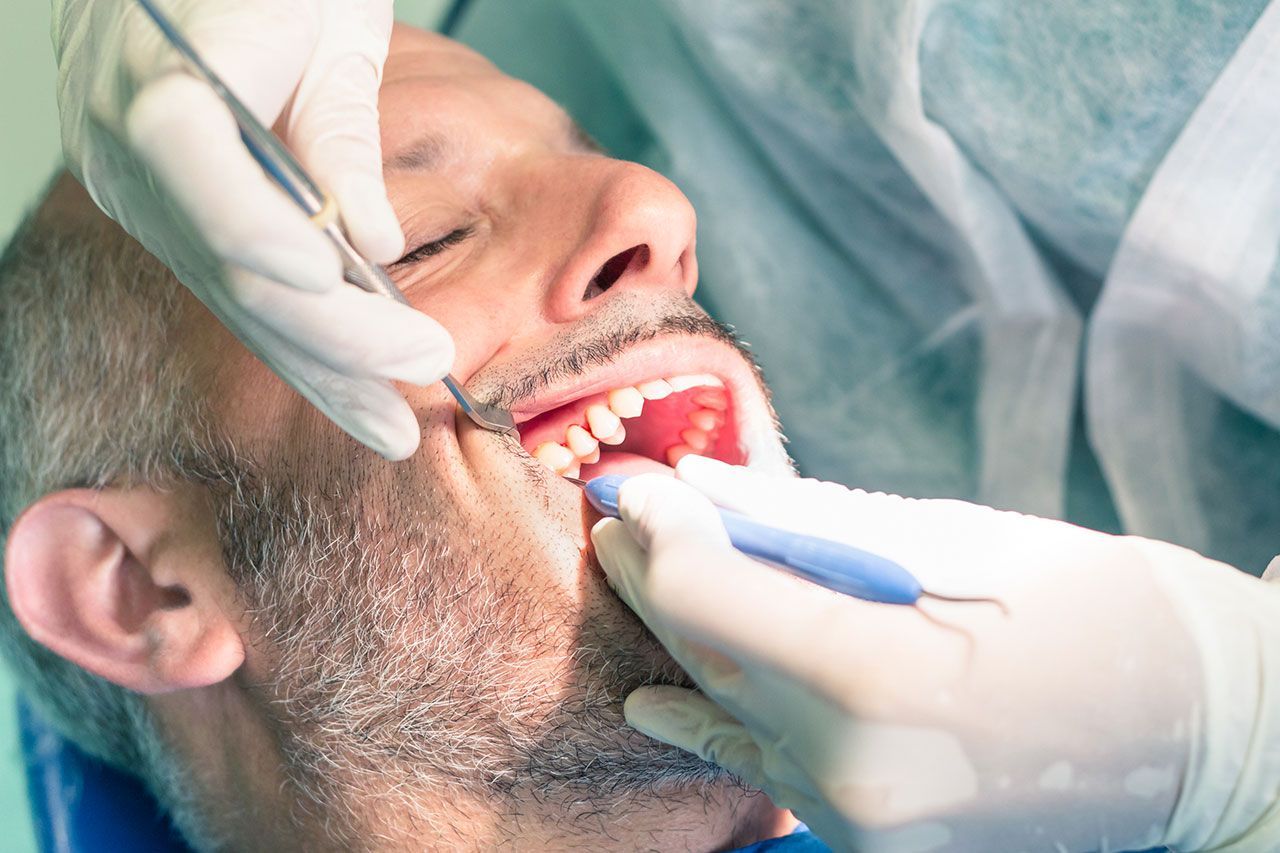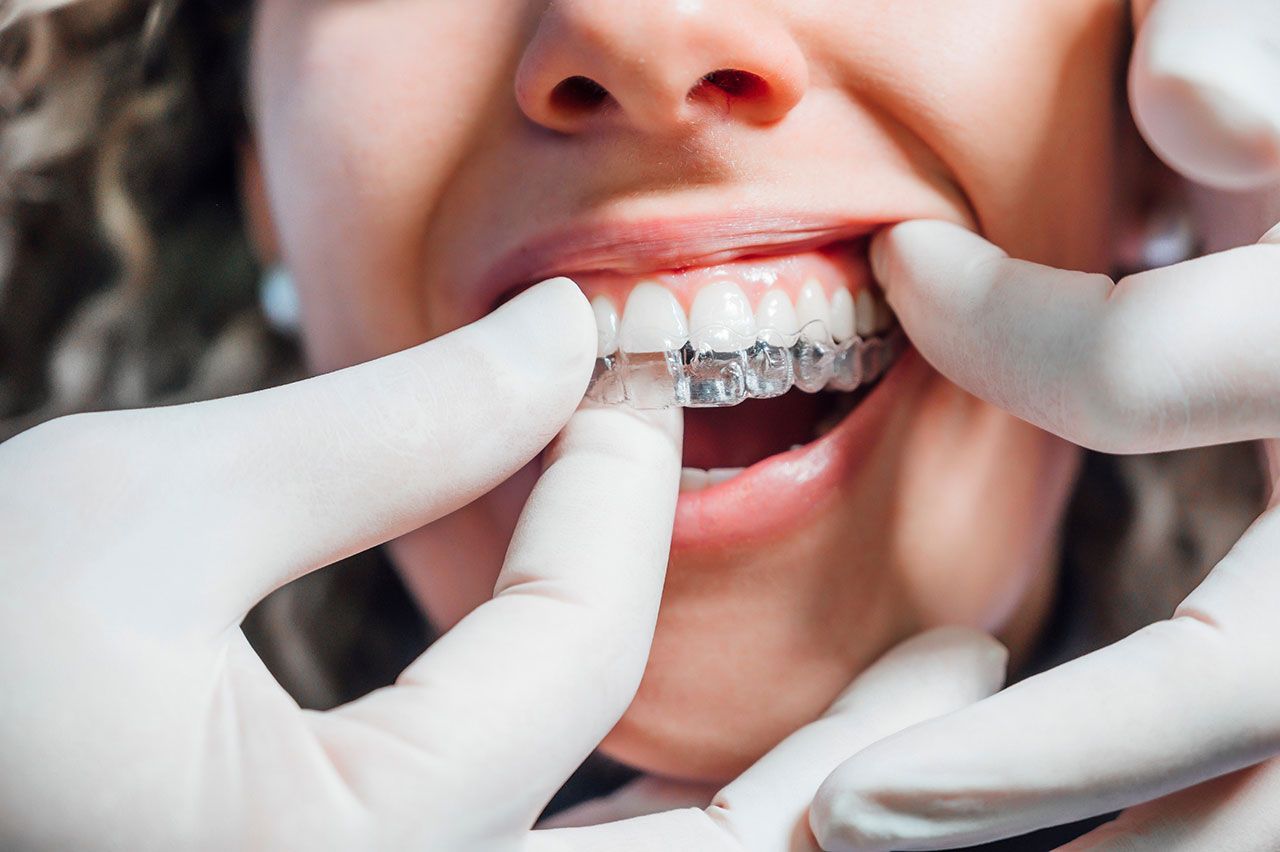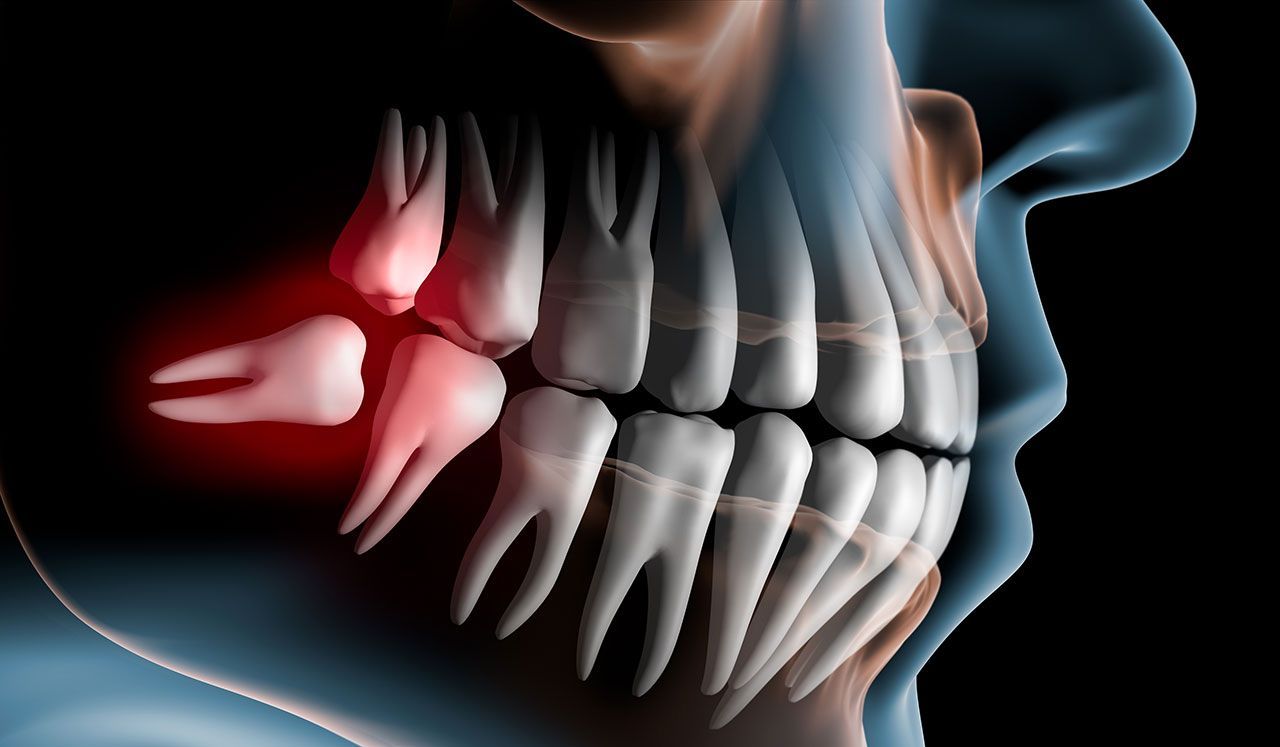Tooth Extractions: Simple or Surgical – Do I Really Need One?
Let’s be honest: nobody gets excited about having a tooth pulled. The very idea can stir up some nerves, especially when words like “surgical extraction” get tossed around. But here’s the thing—sometimes, removing a tooth is the best step toward protecting your overall health and comfort. In fact, it can often prevent pain, infection, or even more costly procedures down the road.
So, how do you know when a tooth extraction is necessary? And what’s the difference between a simple and surgical one, anyway?
Let’s break it all down in plain terms, with reassurance every step of the way.
Why Would a Tooth Need to Be Extracted?
Your teeth are built to last—but they’re not invincible. Sometimes, a tooth can be so damaged or decayed that it can’t be saved, even with fillings, crowns, or root canals. Other times, it’s about making space—like when wisdom teeth are pushing their way into crowded gums.
Common reasons for tooth extraction include:
- Severe decay or infection
- Advanced gum disease (periodontal disease)
- Fractured teeth that can’t be repaired
- Impacted wisdom teeth
- Overcrowding before orthodontic treatment
- Preparation for full dentures or dental implants
The goal isn’t to take something away from your smile—it’s to set the stage for healing, comfort, and long-term stability.
Simple vs. Surgical Tooth Extractions: What’s the Difference?
Here’s where patients often get confused—what makes one extraction “simple” and the other “surgical”? It’s not about how painful it is (spoiler: both are done under anesthesia), but rather how much access your dentist or oral surgeon needs to remove the tooth.
Simple Extractions
A simple extraction is performed when the tooth is visible above the gum line and can be easily accessed. This type is commonly used for:
- Severely decayed or damaged teeth
- Baby teeth that didn’t fall out on their own
- Adult teeth that are loose from gum disease
Using a tool called an elevator to loosen the tooth and forceps to gently remove it, the dentist can usually complete this procedure quickly and with minimal trauma.
Surgical Extractions
Surgical extractions are needed when a tooth is:
- Broken at the gum line
- Not fully erupted (like impacted wisdom teeth)
- Stuck or curved beneath the surface
- Surrounded by dense bone tissue
This procedure may involve a small incision in the gum and, occasionally, removal of bone or sectioning of the tooth. It sounds more intense, but it’s carefully managed and often performed with additional sedation options for comfort.
Do I Need an Extraction? (Here’s How You Might Know)
Not every toothache ends with a tooth being pulled—but there are some telltale signs that extraction might be on the horizon:
- Persistent or throbbing tooth pain that doesn’t go away
- Swelling in the face or gums
- Bad breath or a foul taste in your mouth
- Loose adult teeth
- Sharp pain when biting down
- Trouble opening your mouth or chewing
In some cases, like with wisdom teeth, there may be no pain at all—just signs on an X-ray that they’re pushing into places they shouldn’t be. That’s why regular dental checkups are key.
What to Expect Before, During, and After a Tooth Extraction
Getting a tooth extracted at Wow Dental doesn’t have to be scary or overwhelming. The team will walk you through every step—from numbing your mouth to post-op care.
Before the Procedure
- You’ll have a full consultation, including digital X-rays
- Your medical history will be reviewed to avoid complications
- The dentist will explain whether a simple or surgical extraction is needed
- You’ll go over anesthesia and sedation options for comfort
During the Procedure
- A local anesthetic is used to numb the area
- If needed, oral sedation or nitrous oxide may be used to help you relax
- The tooth is gently removed—either with forceps or through a small incision
Aftercare
Post-extraction care is all about protecting the healing site:
- Bite gently on gauze to control bleeding
- Avoid rinsing, spitting, or using a straw for 24 hours
- Eat soft, cool foods and avoid chewing near the extraction site
- Take prescribed pain medication as directed
- Follow up for any signs of infection or prolonged discomfort
Most people recover in just a few days, with surgical cases taking about a week. It’s manageable—and most importantly, it leads to long-term relief.
The Benefits of Timely Tooth Extractions
According to the American Dental Association, early intervention—especially in cases like impacted wisdom teeth or severe infections—can prevent widespread oral health complications. Delaying an extraction could result in:
- Worsening infections
- Bone loss in the jaw
- Damage to surrounding teeth
- Higher costs from more complex treatments
On the flip side, timely extractions can:
- Alleviate pain
- Stop infection in its tracks
- Preserve neighboring teeth
- Help align your bite or prepare for orthodontics or dentures
It’s not just a removal—it’s an act of protection and prevention.
When Wisdom Teeth Stir Up Trouble
Ah yes, wisdom teeth—the infamous troublemakers of late adolescence. Not everyone needs their wisdom teeth removed, but many do. Why?
Because these third molars often:
- Don’t have enough room to grow in properly
- Erupt at odd angles
- Get stuck under the gums or bone
- Cause infection or cysts
Even if they aren’t painful now, impacted wisdom teeth can wreak havoc later on. That’s why many dentists recommend proactive removal—especially between the ages of 17 and 25.
Take a Breath—You’ve Got Options
The thought of an extraction can be intimidating, but at Wow Dental, it’s handled with compassion, precision, and a focus on your comfort. Whether it’s a simple removal or a surgical solution, the team is equipped to make the process smooth from start to finish.
The most important part? You’re not doing this alone. With expert care, personalized planning, and proper follow-up, most patients are surprised at how manageable extractions really are.
Tooth extractions—whether simple or surgical—can be a vital step toward lasting oral health and relief from chronic pain or infection. If you’re wondering whether you might need one, don’t guess.
Reach out to Wow Dental at 313-371-9880, or visit us at 18525 Moross Rd, Detroit, MI 48224 to book an appointment and get the answers (and relief) you need today.










